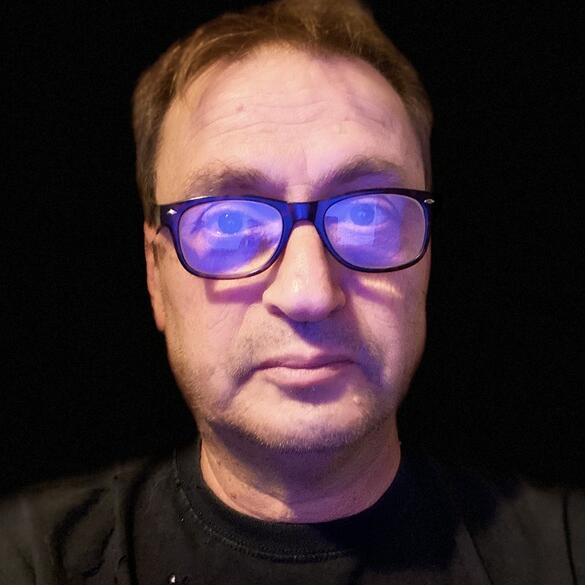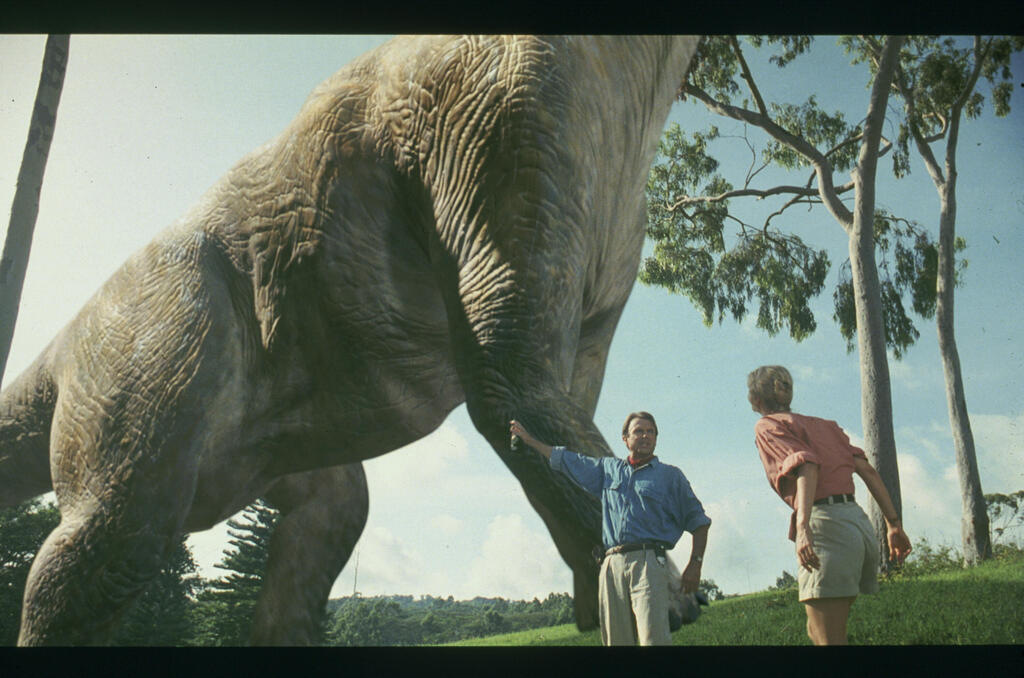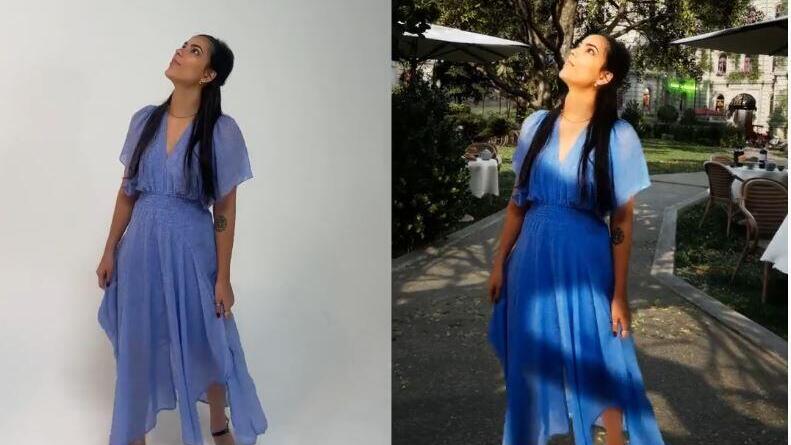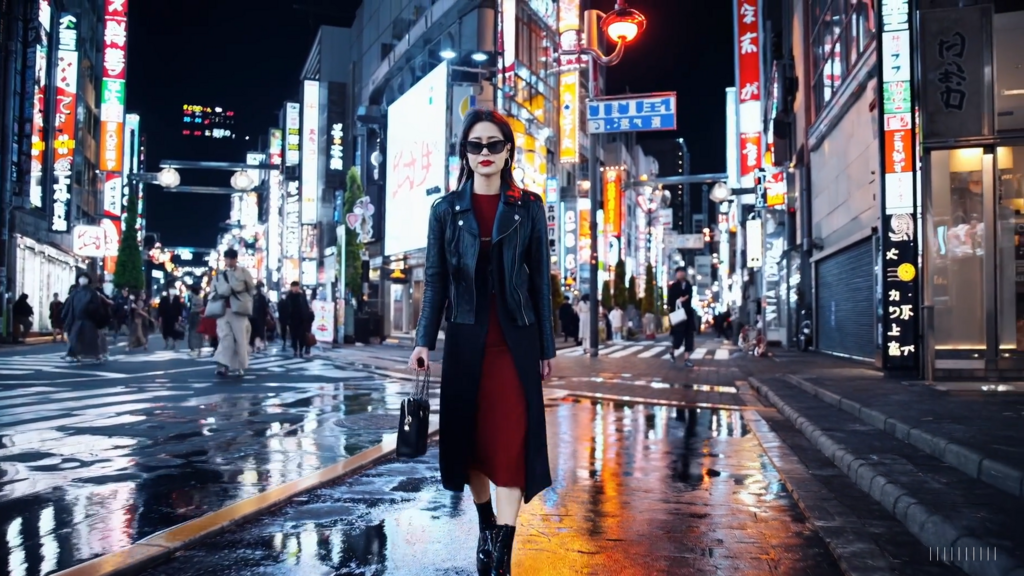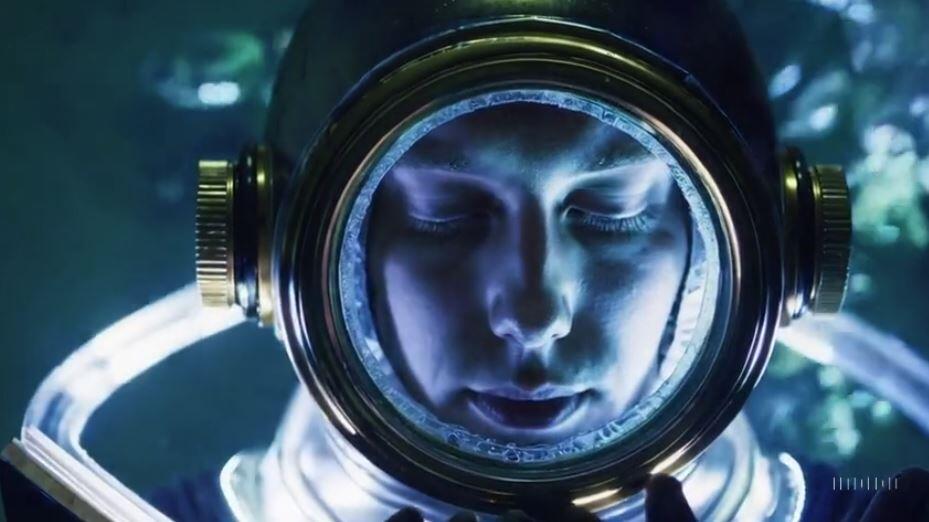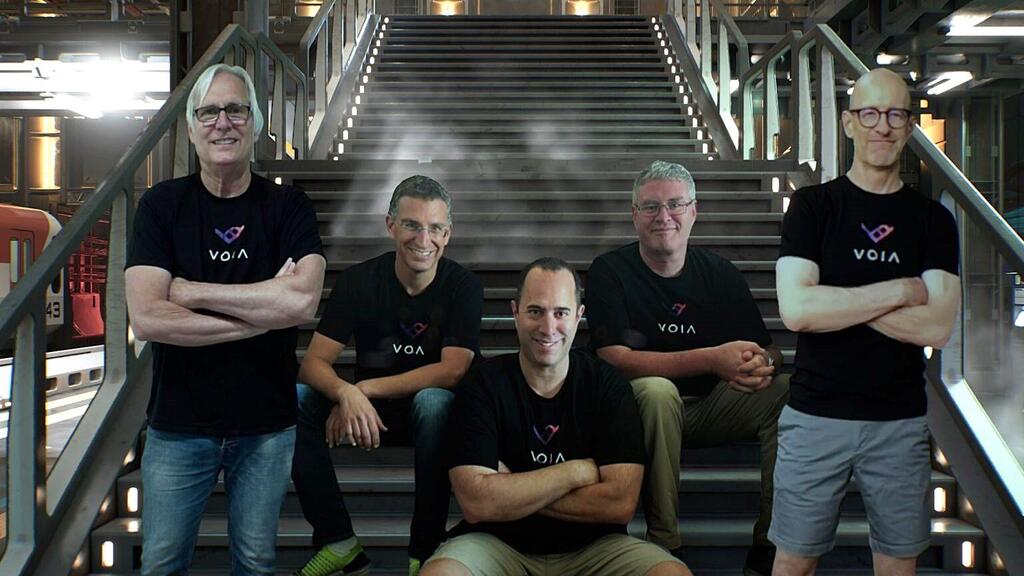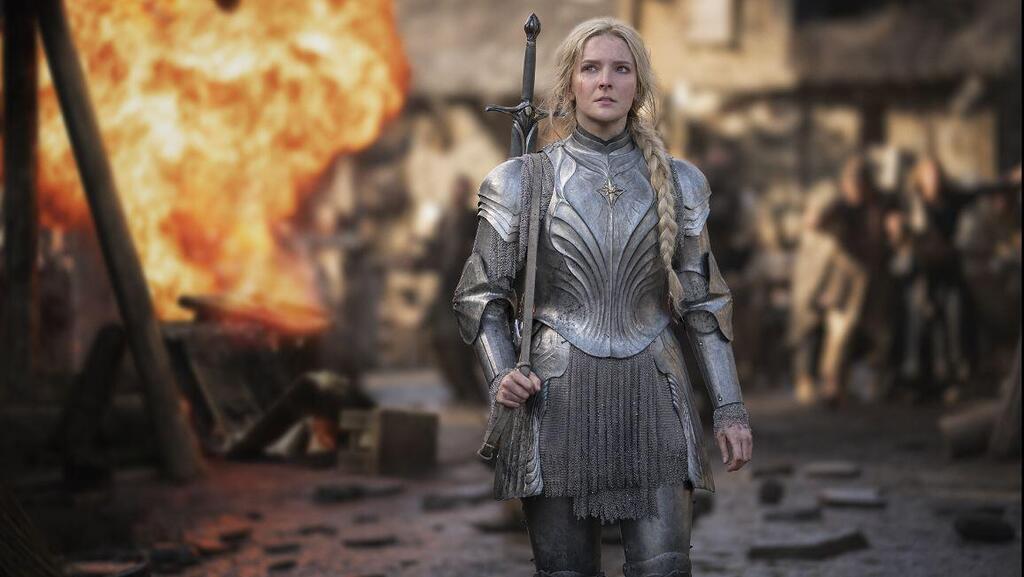When OpenAI unveiled its video generation tool Sora, it marked a turning point in AI-generated video. The ability to create hyper-realistic, 20-second clips from a simple text prompt stunned many.
If AI can generate short clips, why not full-length films? Does this mean Hollywood will replace actors and screenwriters with prompt engineers? Will software firms take over the industry?
Enter Voia, a small Israeli-U.S. startup pushing back against this vision. Voia argues the future isn't text-to-video and the human element in filmmaking is irreplaceable. Viewers won’t connect with digital replicas of Meryl Streep or Timothée Chalamet, but AI can create everything around them, slashing production costs.
A new era of AI-powered filmmaking
Voia's technology represents an AI-driven evolution of CGI, which has shaped Hollywood since the late 1980s. Early examples include the dinosaurs in Jurassic Park and Lieutenant Dan’s missing legs in Forrest Gump. Over time, CGI has become dominant, with many recent films relying almost entirely on digital effects.
Traditional CGI production is costly and labor-intensive, requiring expensive 3D software, motion capture, green screens and hundreds of animators. A single Hollywood film can cost hundreds of millions of dollars.
Voia disrupts this model with just an iPhone and basic lighting — no green screens, no bulky equipment. An actor filmed in Voia’s Silicon Valley office can be seamlessly placed into any setting: a neon-lit Parisian street, a sun-scorched Arizona highway or a sunset-drenched beach in Acapulco. The cost? Only thousands of dollars — pocket change for Hollywood.
The technology enhances iPhone footage in post-production, upgrading video quality, mapping motion sensors to camera movements and adjusting the digital environment. Elements like hairstyles, lighting and even camera height — ranging from ground-level shots to aerial drone angles — can be modified.
The system runs on NVIDIA graphics cards rather than costly AI chips and leverages Unreal Engine for its 3D environments, similar to video game development.
‘A different approach from Silicon Valley’
“We’re a small Israeli company taking a very different approach from the rest of Silicon Valley,” Voia CEO Avner Braverman told Ynet. “We focus on the human actor. We extract them from their filmed environment — without Hollywood’s massive budgets — and place them in AI-generated 3D settings.”
One of Voia’s recent projects involved a commercial for a major Israeli company, replicating a single location across dozens of global settings. “This will change the entire industry,” Braverman said.
When asked whether Voia is resisting the trend set by AI models like Sora, which can generate brief, stunningly realistic video clips from text, Braverman was skeptical. “Sure, but those clips lack emotional context, dialogue and acting. Hollywood understands that you can’t tell a compelling story without human creativity.”
Braverman argues that text-to-video AI has fundamental flaws. These models learn from existing films, which only capture limited perspectives. While human viewers fill in gaps with imagination, AI lacks that ability, often producing inconsistent characters and environments.
A tool, not a replacement
Does Voia see text-to-video AI as a viable filmmaking tool?
“Not for final production. Without human performance and true 3D spatial understanding, it won’t work. We’ve spoken with professionals across the industry — from Disney executives to commercial producers — who say Sora delivers impressive visuals but isn’t practically useful.”
Braverman cites actor Ben Affleck’s recent CNBC interview on AI in Hollywood: “AI is a powerful creative tool when guided properly. You can train AI to write like Tarantino but no AI will ever be Tarantino.”
From Twitter to AI-driven film production
Founded in 2022, Voia brings together Israeli tech veterans and Hollywood creatives. Braverman previously co-founded Reshuffle, acquired by X (formerly Twitter). CTO Haim Helman co-founded Octarine (acquired by VMware) and XIV (acquired by IBM).
AI director Noam Malali has worked with companies including NEC, Verint and AppsFlyer. Amir Shevat, a former Google, Slack and Twitch executive, later joined the team.
Braverman and Shevat were hired by Twitter after Reshuffle’s acquisition but were laid off a year later when Elon Musk took over the company.
Gaining traction with Hollywood giants
Voia initially targeted content creators and social media influencers, offering Hollywood-grade video production with just an iPhone. But as AI reshaped the industry, demand shifted toward professional filmmaking.
“We started with Instagram videos but the market pulled us into high-end productions,” Braverman said. “Today, we’re working with major Hollywood studios on full-length films and partnering with ad agencies in Israel. We’re in talks with Netflix, Disney, Universal and Sony.”
While blockbuster projects like "The Lord of the Rings: The Rings of Power" may still command $500 million budgets, Voia’s technology enables studios to scale production dramatically while cutting costs.
In 2023, Voia secured $3 million in initial funding through a mix of bootstrapping and strategic investments. The company is now preparing for a major funding round in the coming months. Meanwhile, Braverman reports Voia’s first million-dollar deal and projects revenue of several million dollars this quarter.
Get the Ynetnews app on your smartphone: Google Play: https://bit.ly/4eJ37pE | Apple App Store: https://bit.ly/3ZL7iNv
“We’ve raised large sums before with past companies,” he said. “But this time, I wanted to make sure we had a solid foundation before scaling up. Now, we know where we’re heading, and we’re ready to build the future of film production.”


